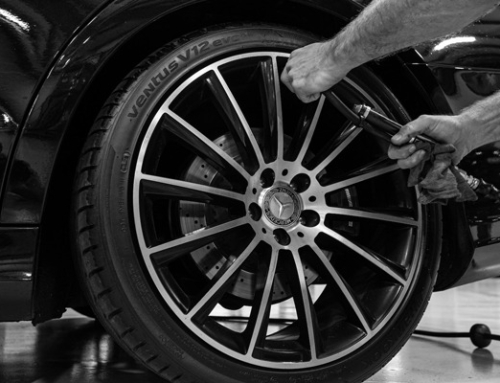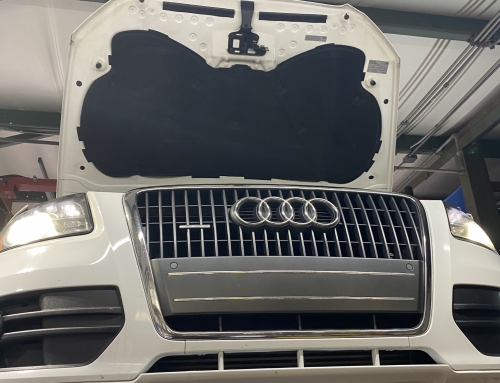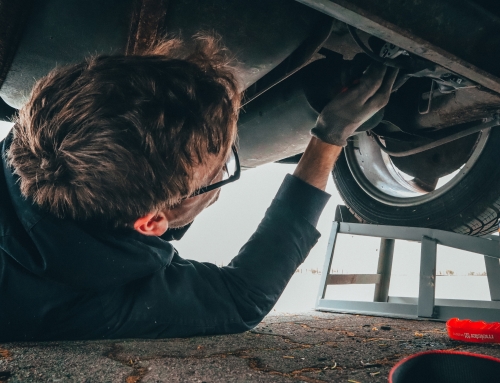The ticking noise you hear may be related to BMW hydraulic valve lifters. A faulty oil pump plunger might also be the cause. You will know that your BMW’s hydraulic valve lifters are in need of replacement if, while idling and under load, you hear a ticking sound coming from the front of your engine area. You may be in need of BMW auto repair. This sound is caused by worn-out hydraulic valves and their mechanisms which cannot open and close properly due to wear or damage. The valves on a modern automobile require regular servicing to keep them in proper working order—just like most other parts do for long life expectancy. Hydraulic valve lifters are not inexpensive or extremely difficult to replace, but it does require professional assistance. There are other parts that can go wrong with your car too, but this article will focus on the ticking noise and its cause.
Symptoms of Faulty Hydraulic Valve Lifter:
The symptoms of faulty hydraulic valve lifters include oil leaks at the front engine area where the holes for oil return are placed; low oil pressure or zero engine compression; and it may sound like there is steam coming out of the exhaust pipe. All these signs point towards worn-out hydraulic valves—and replacement is key to ensure the proper working order of your vehicle’s internal components again.
Fixing a Faulty Hydraulic Valve Lifter:
The oil pump plunger needs to be replaced. It is usually made out of metal and rubber, with the latter wearing out over time due to wear and tear—and fluids leaking through the small holes in the plunger’s surfaces during oil changes. Replacement of this part will also require an engine replacement if it has already reached max failure (of course, if you are still under warranty, it might be covered by your policy). If you cannot find an exact replacement hydraulic valve lifter for your BMW’s model year, then simply search online for parts that fit your vehicle; or go to a dealership or repair shop near you that can help you get accurate parts.
Ticking Issues and Safety Concerns:
While this is common for most modern automobiles, it is sometimes a safety issue if the ticking sound becomes louder than normal, especially under load. If you notice that you hear loud ticking sounds when driving, then there might be other issues with your car. One of which may be low oil pressure or zero compression—which means that your vehicle’s engine has gone bad and needs to be replaced as soon as possible. This can cause serious damage to other internal components such as the cooling system; and because of this, it will require professional assistance from a certified mechanic or dealership to make sure all parts are working properly again.
Only use the correct replacement parts:
It is important that not all replacement parts fit BMWs, so be sure to get the correct parts. Parts should have a warranty so if they are not working properly you can return them for a refund or replacement. Finally, stay up-to-date on regular maintenance—this will prolong the life of your vehicle beyond its warranty period.
Parts should have a warranty:
It is recommended that all parts have at least a 6 month warranty period to ensure proper functionality without any issues. Otherwise, you may experience problems after just days of receiving the part, which could potentially negatively affect something else in your car causing more money to be spent on BMW auto repairs & replacements!
Stay up-to-date on regular maintenance:
Regular car maintenance includes both small and big tasks such as oil changes, filters, belts, & spark plugs. If you are neglecting these tasks over time, then your vehicle will eventually require more extensive work to get it running properly again—which can become costly if neglect is not corrected. This article was helpful to you? Let us know how by clicking “Like”, Share & Comment!
Rest assured, Ottohaus will diagnose and help with an abundance of BMW auto repairs. Here at Ottohaus, we welcome customers of all German auto repairs. Let’s work together! Contact us to schedule an appointment.





